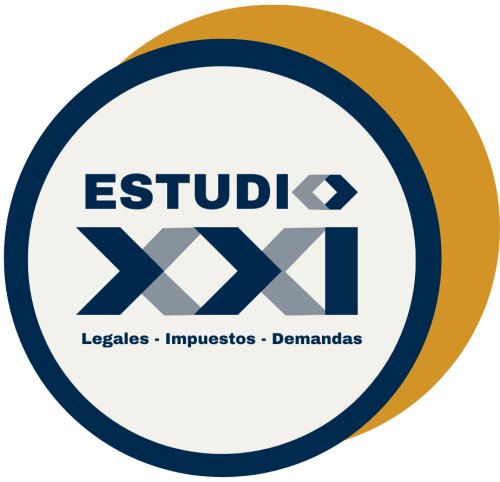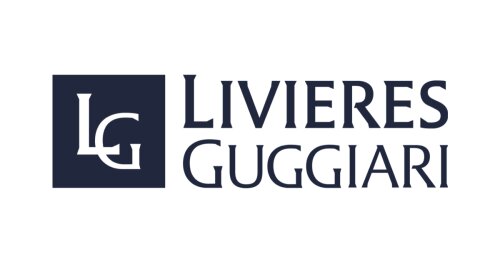Best Debt Capital Markets Lawyers in Paraguay
Share your needs with us, get contacted by law firms.
Free. Takes 2 min.
Or refine your search by selecting a city:
List of the best lawyers in Paraguay
About Debt Capital Markets Law in Paraguay
Debt Capital Markets (DCM) in Paraguay refer to the mechanisms and regulations that govern the issuance, trading, and management of debt instruments such as bonds and notes. These markets allow private companies, public entities, and government institutions to raise funds by issuing debt securities to investors. Paraguay’s DCM has seen growing activity in recent years, with increased participation from domestic and international investors. The development of DCM contributes to economic growth and provides local businesses with alternative sources of financing.
Why You May Need a Lawyer
Navigating Debt Capital Markets in Paraguay can be complex due to regulatory requirements and the need for careful drafting of legal documents. Common situations where legal advice is crucial include:
- Issuing corporate or government bonds
- Structuring and registering debt instruments
- Conducting due diligence for issuances or investments
- Complying with disclosure and reporting obligations
- Negotiating terms with underwriters, arrangers, and investors
- Understanding the tax implications of debt instruments
- Handling defaults or restructuring of debt securities
- Ensuring compliance with anti-money laundering (AML) and know-your-customer (KYC) laws
A lawyer experienced in DCM can help you minimize risks, meet regulatory requirements, and successfully complete complex transactions.
Local Laws Overview
Paraguayan Debt Capital Markets are primarily regulated by the Securities Market Law (Ley del Mercado de Valores) and supervised by the National Securities Commission (Comisión Nacional de Valores, CNV). The key aspects of the local legal framework include:
- Any public offer or listing of debt securities requires prior registration with the CNV
- Issuers must comply with prospectus, disclosure, and ongoing reporting requirements
- Corporate governance rules apply to issuers to protect investors
- Debt securities may be listed and traded on the Bolsa de Valores y Productos de Asunción (BVPASA)
- There are specific rules regarding the types of securities eligible for public offering
- Cross-border transactions are possible, although they require careful consideration of both local and international regulations
Special care should be taken with anti-money laundering regulations, tax rules applicable to interest payments, and compliance with local currency and foreign exchange controls. Legal advice ensures adherence to all relevant laws and enhances your market participation.
Frequently Asked Questions
What are Debt Capital Markets?
Debt Capital Markets refer to the system where organizations raise capital by issuing debt securities like bonds, which are then bought by investors in exchange for regular interest payments.
Who regulates debt securities in Paraguay?
The primary regulator is the Comisión Nacional de Valores (CNV) which oversees registration, disclosure, and trading of debt instruments.
What types of debt instruments can be issued in Paraguay?
Common instruments include corporate bonds, government bonds, commercial papers, and notes, each with specific regulatory requirements.
How do I register a debt security for a public offering?
You must submit documentation, including a detailed prospectus, to the CNV for approval before making any public offering.
Can foreign entities participate in the Paraguayan Debt Capital Markets?
Yes, with adherence to local regulations. Legal counsel is recommended to navigate cross-border complexities.
What are the disclosure requirements for issuers?
Issuers must provide regular updates on financial performance, material events, and comply with all CNV reporting rules.
What happens if an issuer fails to meet its obligations?
Non-compliance can result in actions by regulators, financial penalties, and even suspension or delisting of securities.
Is it necessary to list debt securities on an exchange?
While not always mandatory, listing on the BVPASA enhances visibility and liquidity for investors.
What taxes apply to interest from debt securities?
Interest payments may be subject to withholding taxes. The specific rate can vary based on the status of the investor and whether tax treaties apply.
Do Paraguayan laws protect bondholders?
Yes, there are protective provisions such as trustee requirements and bankruptcy processes to safeguard bondholders’ interests.
Additional Resources
For further support and up-to-date regulatory information, consider these resources:
- Comisión Nacional de Valores (CNV): The main regulatory body for securities markets in Paraguay
- Bolsa de Valores y Productos de Asunción (BVPASA): The principal securities exchange for listing and trading debt instruments
- Ministry of Finance: Oversees government debt programs and related fiscal policies
- Local and international law firms with capital markets expertise
- Business chambers and associations focused on investment and financial markets
Next Steps
If you require legal assistance in Debt Capital Markets in Paraguay, here is a recommended approach:
- Identify the specific transaction or need such as issuing, listing, or investing in debt securities
- Gather relevant documentation including corporate information and financial statements
- Consult a specialized lawyer or legal firm with experience in Paraguayan capital markets
- Discuss your objectives and ask about relevant legal requirements, timelines, and costs
- Ensure clear communication with your legal advisor throughout the process
- Follow all regulatory guidance and submit necessary filings to the CNV and other bodies as needed
Taking informed steps and seeking expert legal guidance will help you navigate Paraguayan Debt Capital Markets successfully and securely.
Lawzana helps you find the best lawyers and law firms in Paraguay through a curated and pre-screened list of qualified legal professionals. Our platform offers rankings and detailed profiles of attorneys and law firms, allowing you to compare based on practice areas, including Debt Capital Markets, experience, and client feedback.
Each profile includes a description of the firm's areas of practice, client reviews, team members and partners, year of establishment, spoken languages, office locations, contact information, social media presence, and any published articles or resources. Most firms on our platform speak English and are experienced in both local and international legal matters.
Get a quote from top-rated law firms in Paraguay — quickly, securely, and without unnecessary hassle.
Disclaimer:
The information provided on this page is for general informational purposes only and does not constitute legal advice. While we strive to ensure the accuracy and relevance of the content, legal information may change over time, and interpretations of the law can vary. You should always consult with a qualified legal professional for advice specific to your situation.
We disclaim all liability for actions taken or not taken based on the content of this page. If you believe any information is incorrect or outdated, please contact us, and we will review and update it where appropriate.
Browse debt capital markets law firms by city in Paraguay
Refine your search by selecting a city.














